Healing From Loss : We’ve Lost So Many
November and December are tricky times of the year for us thanks to the death of loved ones. Most recently my boyfriend’s oldest uncle died just a few days after Christmas. My children’s father died last year just before Christmas and there have been many others whom we’ve lost over the years including some beloved pets.
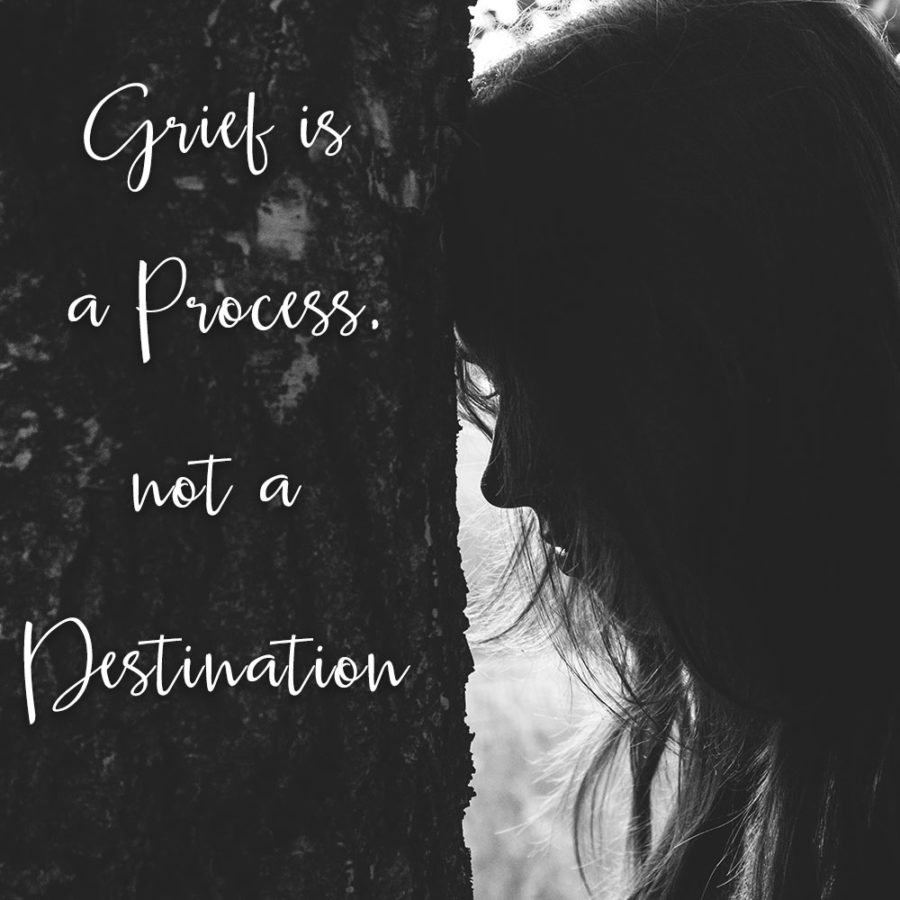
Nove deals with grief like the rest of us I suppose. In her own way, when it’s time. Little leaks of emotion have shown up over the last year as she misses her father and the things they did together. Luckily, she’s kept busy making new memories with my boyfriend as our little family has bonded.
When uncle Lee died last week, Nove took it pretty hard. Harder than I thought she would considering that she wasn’t close to him. She had a relationship, though, and he was a part of our life on the weekends – part of the new way her life worked.
Lee lived in the house across the driveway from my boyfriend’s house. He also had two large dogs that Nove did care for. One of the first things she asked when I told her about Lee’s passing was “who will take care of Sam and Honey?”
Grief is our response to loss. Your loss, like ours, may have been caused by the death of a loved one, a divorce or major breakup, a violent crime, or the diagnosis of a serious illness. It’s a natural journey that helps us understand our loss and accept our new reality.
Healing from grief can be hard. It’s not a clear-cut process with definite beginning and end dates. It’s a lot like trying to navigate a mountain road without GPS. However, there are things you can do to begin the healing process through this difficult time…
Feel Your Emotions
At first, the news of a loss can cause you to feel shocked and in denial. Like Nove, some people become numb for the first few days and are disconnected with what’s happening around them. She took a very long time – months – to actually talk about or really acknowledge the loss of her father.
But eventually, you’ll begin feeling again. You may be sad that you lost a loved one or you may feel relief that you survived a violent crime. You may want to go back in time and bargain with the doctor who gave you a diagnosis. These intense emotions are normal and shouldn’t be suppressed.
It’s healthy to acknowledge your emotions and express them. Scream, shout or cry when you feel the need to. If you want to get physical, get a punching bag or go to a gym with one. Take your frustration and anger out on the bag.
One of the emotions related to grief, that I don’t think gets talked about enough, is anger. That anger might show up in different ways too. Take your frustration and anger out on the bag, not the people around you.
Seek Support
You don’t have to grieve alone. When you’re feeling sad, reach out to a trusted friend. Go out for coffee, see a movie together, or go to the beach and simply sit in silence with your friend.
Connecting with supportive people is important to your healing. When you feel connected, you’re less likely to become isolated in your pain. If you’d like to meet with others who are also grieving, ask a counselor or spiritual leader about support groups in your area.
We were lucky in that we have had the same team of people around Nove for most of her life and they were front and center through our transition and the roller coaster of emotions that we’ve all felt.
Track Your Triggers
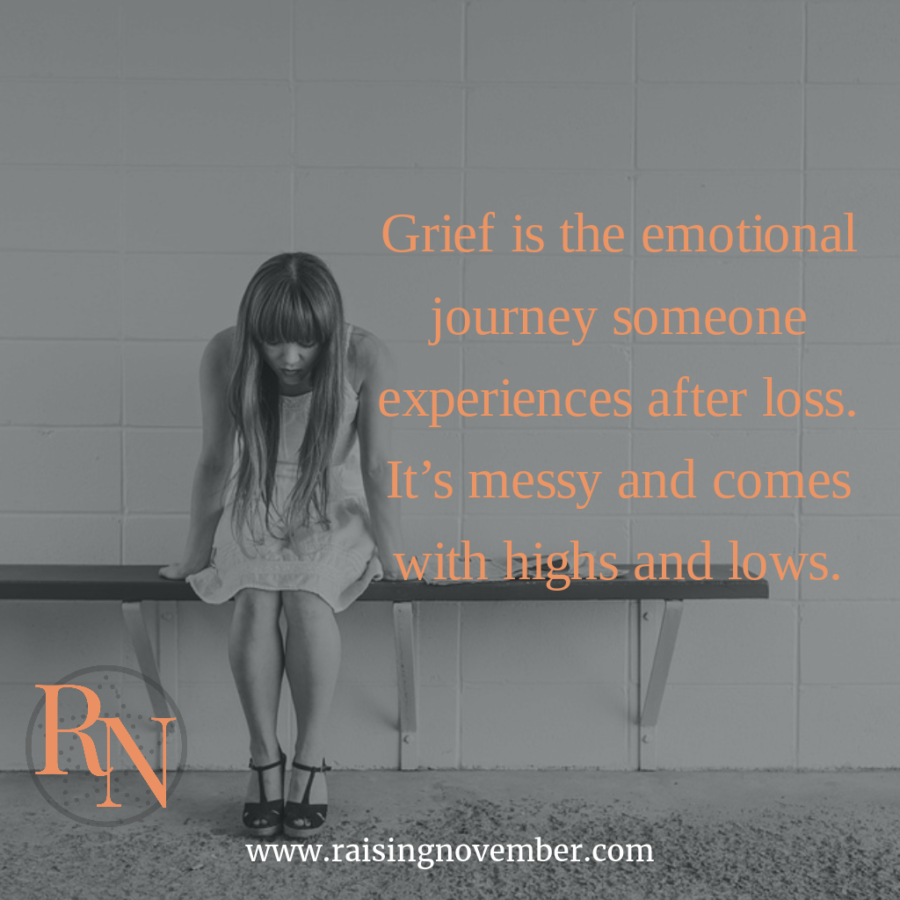 There may be certain sounds, smells, or events that remind you of what you’ve lost. These are called triggers. Sometimes, triggers are so powerful you feel like you’re back in that moment. For example, if you recall hearing a train horn right before a car accident that left you disabled, you may associate the sound with that moment. When you hear that noise again, you may freeze, tense up, or panic.
There may be certain sounds, smells, or events that remind you of what you’ve lost. These are called triggers. Sometimes, triggers are so powerful you feel like you’re back in that moment. For example, if you recall hearing a train horn right before a car accident that left you disabled, you may associate the sound with that moment. When you hear that noise again, you may freeze, tense up, or panic.
In 2003 I was hit by a drunk driver while I sat waiting my turn at a toll booth on my way home after waiting tables at a bar. Ironic? Maybe. For years after the accident when the emergency vehicles would pass by the window right outside the house, their lights would swirl around the living room and it triggered me. It took me right back to being afraid and alone in my car not knowing if I was hurt or how badly.
For my girls, they used the last year to remember the good times with their dad. They had a lot of negatives that they remembered too, but the good times were what we all focused on. From watching movies and paying video games, to the goofy ways he talked – that’s what we all tried to remind each other.
When you know what your triggers are, you can learn how to cope with them. A trained counselor can help you identify your triggers and give you strategies so they don’t keep you from going about your day-to-day life.
Create New Routines
Like I said before, part of what helped Nove get through the last year was building a new relationship with my boyfriend. We’ve been together for 14 years, but the girls were usually at their dad’s house on weekends when he and I had time to spend together. This new routine of Nove and I spending the weekend at his house has helped her get past missing what was normal before her dad died.
Routines can give you a feeling of control and safety. But when you’ve recently lost a loved one or are going through a divorce, your normal routines may not be possible anymore. That’s where creating new routines can be helpful.
Maybe you’ve decided that every Thursday night will be family night or that on Tuesdays, you’ll go to brunch with a friend. These routines can give you something to look forward to as well as a sense that life is returning to normal.
It’s important to understand that there’s no quick fix or escape from grief. The only way to get to the other side is to go through the darkness. But you don’t have to do that alone. Reach out to caring, concerned members of your community and let them comfort you through this difficult time.
Have you had to manage through grief? Please share your experience in a comment below. I’d love to hear how you dealt with it.
To learn more about the grieving process, grab your free workbook Overcoming Grief.
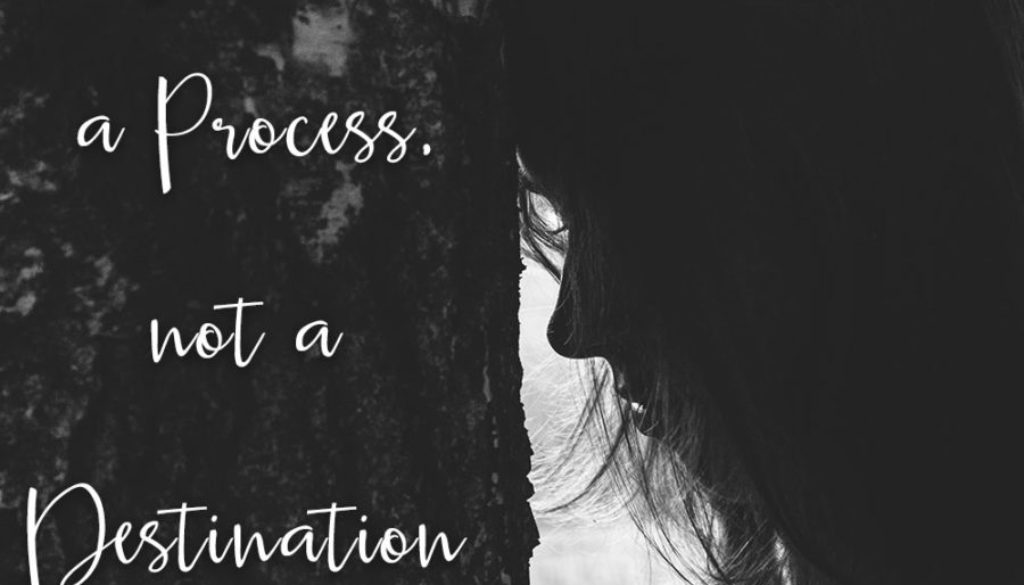

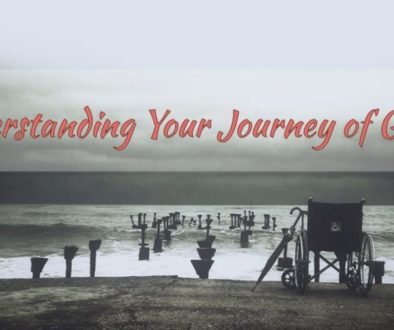
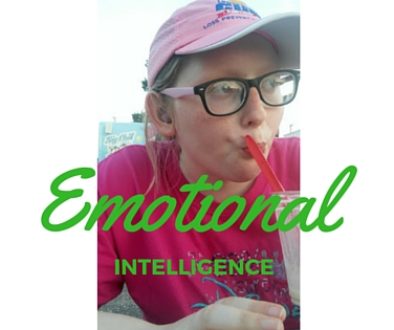
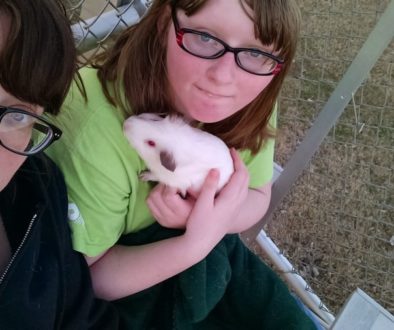
Alisha
01/21/2017 @ 7:52 PM
This is so beautifully written. It really just shows that death and trauma affects each person differently and that not all deaths or experiences of trauma are equal. My grandfather passed away a few years ago from cancer and it took me quite a while to come to terms with it; especially because they live in Germany and we are here in Oregon. There was no way I was able to just hop in the car and drive to see him when his condition got worse. But eventually I came to terms with it and one day I hope to be able to visit his grave. But when a dear childhood friend, whom I haven’t spoken to but really wanted to rebuild our friendship, committed suicide, I was devastated. It’s been almost 2 years now and I still have so many questions.
Both deaths have definitely required a totally different grieving process.